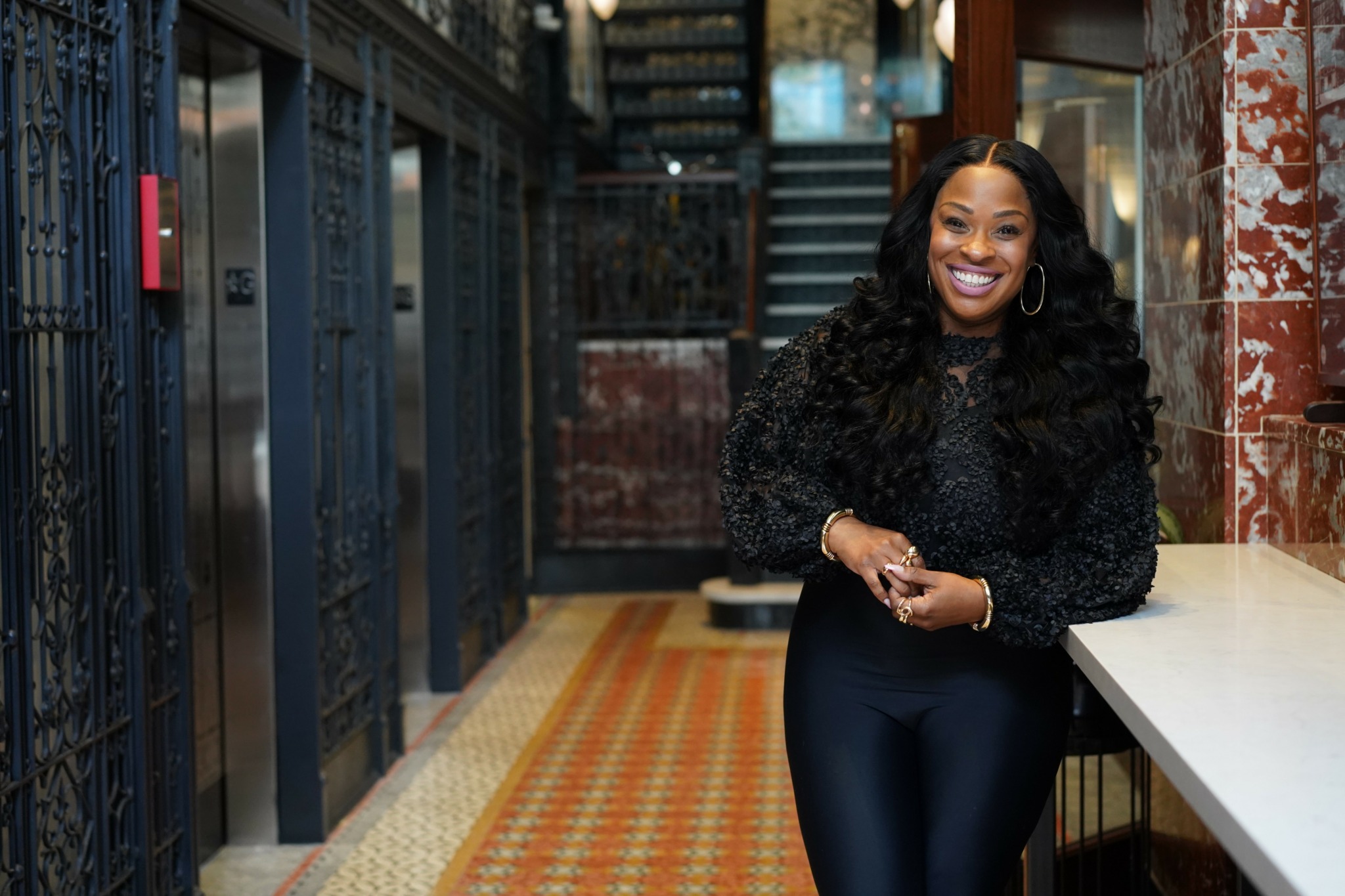Alright – so today we’ve got the honor of introducing you to Davone Madison. We think you’ll enjoy our conversation, we’ve shared it below.
Alright, Davone thanks for taking the time to share your stories and insights with us today. Alright, so you had your idea and then what happened? Can you walk us through the story of how you went from just an idea to executing on the idea
I co-founded PXD Media & Entertainment with my life and business partner, Pam “PJ” Jackson. Our very first production was Kooking With Kush, which became our crash course in streaming and content creation. It didn’t perform the way we hoped, but it gave us the fundamentals—how to plan a show, light a set, capture clean audio, edit quickly, and understand what resonates with an audience. From there, we went on to become executive producers of the reality project You Hauled, which we’re currently pitching to major networks. That experience really sharpened our skills in development—building show bibles, packaging concepts, and learning how to pitch with clarity.
The idea for Two Dope Ass Grandmas came straight from real life. People around us would constantly say how much they loved our dynamic—two grandmas who are also partners in both life and business—talking about love, family, culture, and entrepreneurship with humor and honesty. We knew we wanted a format that felt intimate, sustainable, and community-driven, and podcasting checked all of those boxes.
Once we had the idea, we got intentional about execution. The first step was defining the promise of the show: unfiltered conversations about life, love, business, and culture from two grandmas who’ve lived it and are still outside. That clarity guided everything else. We then mapped out the structure—each episode would open strong, focus on one main theme, and include a couple of recurring segments, all within a 60 minute window so it stayed engaging.
From there, we built a lightweight but functional studio setup with quality mics, a simple interface, and a reliable workflow. We also invested in the brand early on: we locked in the name Two Dope Ass Grandmas, designed the cover art, and set up distribution across Apple, Spotify, and YouTube. Before going live, we recorded a pilot episode and shared it with a few trusted listeners. Their feedback pushed us to lean even more into our natural chemistry, tighten our transitions, and start episodes with a stronger hook.
By the time we launched, we had a clear rhythm. We chose a biweekly release schedule to protect our quality and consistency, and paired each episode with captions, audiograms, and short clips that allowed us to connect with listeners on social platforms.
Now, just two months in with four episodes released, the response has been incredibly encouraging. Listeners tell us the show feels funny, grounded, and useful—which is exactly what we hoped for. We’ve learned that clarity, consistency, and clean audio matter more than anything, and that engaging with our community is the real key to growth.
Bottom line: Kooking With Kush gave us the mechanics, You Hauled taught us discipline and packaging, and Two Dope Ass Grandmas is where the craft finally met our calling. We’re early in the journey, but the foundation is strong, and the community is already showing up for us.
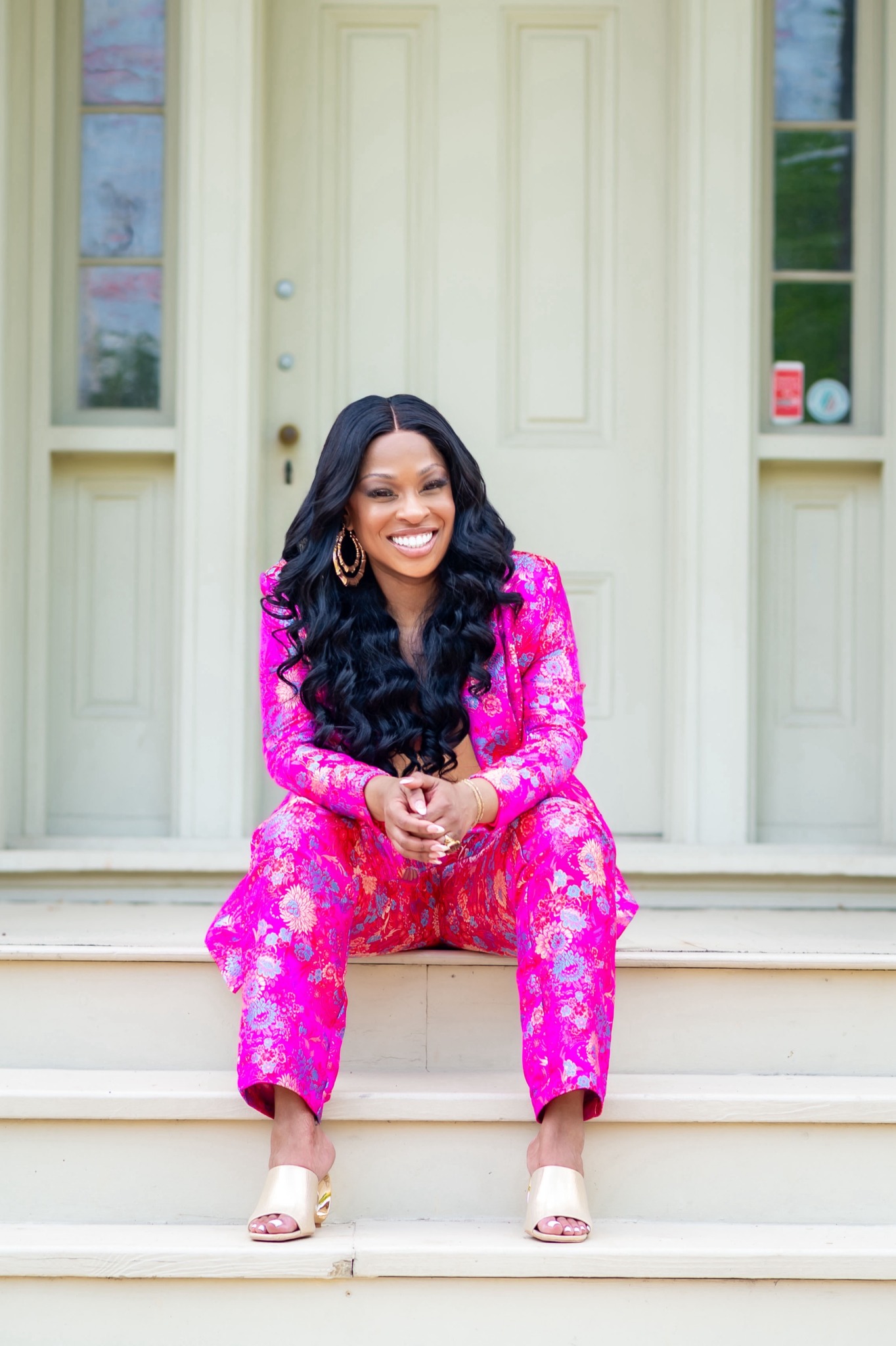
Davone, before we move on to more of these sorts of questions, can you take some time to bring our readers up to speed on you and what you do?
Q: For folks who may not have read about you before, can you please tell our readers about yourself and how you got into your industry/business?
A:
I like to say I’ve always been a builder of spaces—whether that’s businesses, communities, or conversations that didn’t exist before. I’m New York to the core, but my journey has taken me all over. While I was working for the federal government, I launched Dollhouse Enterprises Inc., which was all about bringing professional lesbian women together through networking events. We grew across nine states and Canada, and that work got me recognized by GO Magazine and even featured in the New York Daily News. It showed me early on that I could take an idea, create a space for people who needed it, and really make impact.
Later, I co-founded PXD Media & Entertainment with my life and business partner, Pam “PJ” Jackson. We started with streaming projects like Kooking With Kush, then moved into producing a reality dating show (You Hauled), which we’re currently pitching to networks. And most recently, we launched our podcast Two Dope Ass Grandmas, which has only been live for two months but is already getting amazing feedback. At the same time, I’ve kept my foot in social justice work. I co-founded Allies At Work, which is a three-year anti-racism program that takes people from surface-level allyship to real accomplice work. That includes training, book clubs, and tangible community impact.
So how did I get into this industry? Honestly, it’s been about following the intersections of my identity and my passions—being queer, being Black, being a woman, being a grandma—and creating platforms where people like me are not only visible but centered.
⸻
Q: What type of creative works do you provide?
A:
I wear a lot of hats, but they’re all connected by storytelling and impact. Through PXD Media, I produce and executive-produce content that highlights queer, Black, and marginalized voices—everything from reality TV to podcasts. I’m also a writer. I’ve published a series of anti-racism eBooks and I’m currently working on the first book in my LGBTQIA+ series, which will be raw, real, and centered on stories from our community.
On the educational side, I co-create book clubs through Allies At Work that walk people through the real work of anti-racism and allyship. And then there’s the podcast—Two Dope Ass Grandmas—which is a mix of humor, storytelling, and real talk about life, love, culture, and business. I also create digital content daily, whether it’s social media posts, or commentary political and current events.
⸻
Q: What are you most proud of?
A:
I’m proud of a lot, but what really stands out to me is impact. With Dollhouse, I saw women build businesses and lifelong friendships out of the spaces I created. With Allies At Work, I’ve watched participants go from reading their first anti-racism book to making a change in their own communities and lives. With PXD Media, I’ve been able to amplify queer stories that don’t get told in mainstream spaces.
On a personal level, I’m proud that I’ve never waited for permission. I don’t come from a background where doors were already open for me. Everything I’ve built has come from taking an idea, putting in the work, and making space for myself and my community. And I’m proud that my daughter and granddaughter get to see that—that you don’t have to shrink yourself to fit into the world, you can build something bigger that fits you.
⸻
Q: What are the main things you want followers/fans to know about you, your brand, and your work?
A:
First, I want people to know that everything I do—whether it’s media, writing, activism, or podcasting—comes from a place of authenticity. I don’t do “performative.” If I’m putting something out into the world, it’s because it matters to me and I believe it can move people.
Second, my brand is rooted in storytelling with purpose. Whether it’s queer love, anti-racism education, or two grandmas talking life lessons over a mic, it’s all about shining light on voices that are too often overlooked.
And finally, I want people to know I’m building a community, not just a platform. My work is about connection, growth, and giving people tools they can take into their own lives. I bring humor, heart, and hustle to every space I step into—but most importantly, I bring myself.
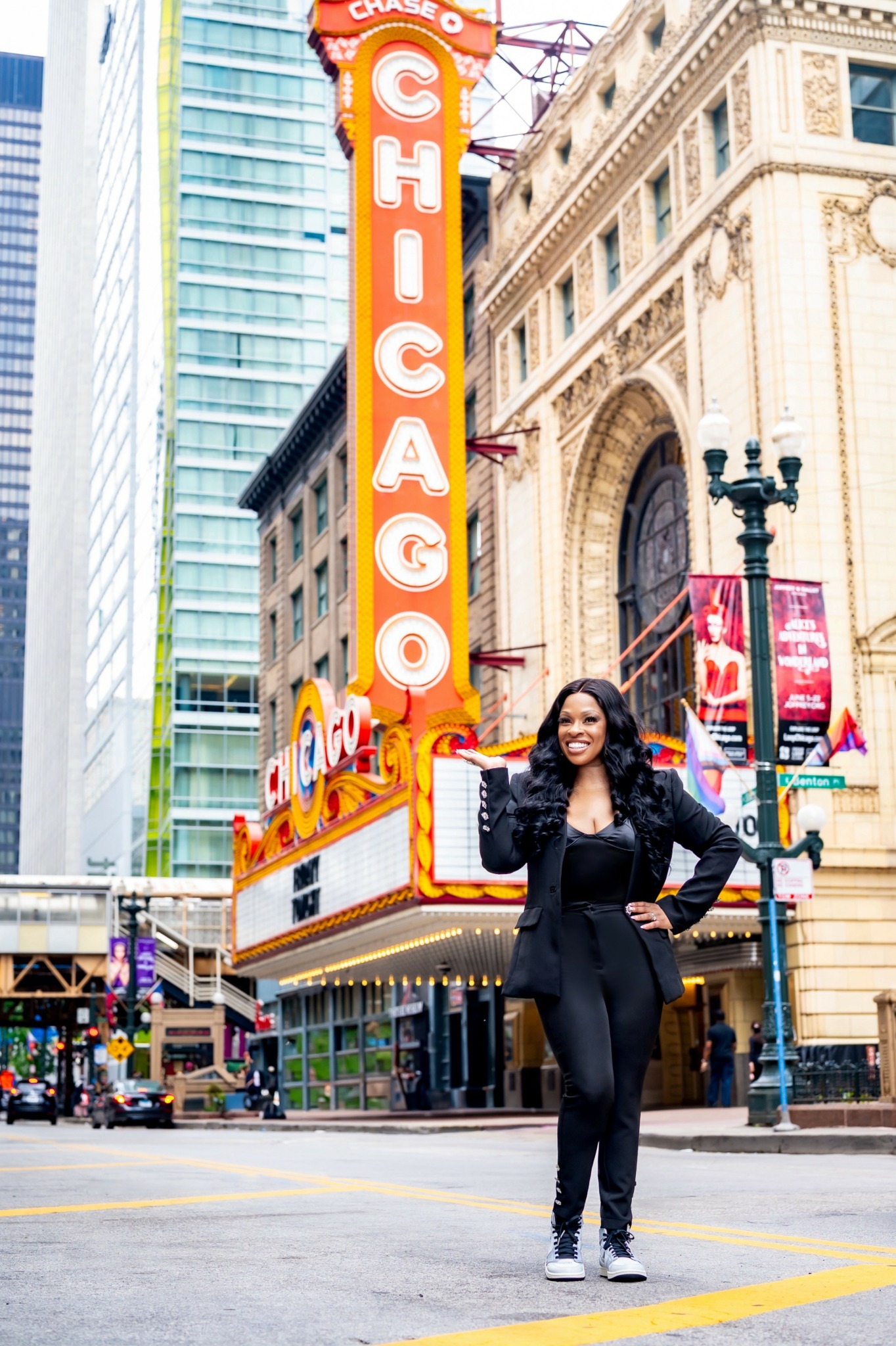
How’d you meet your business partner?
I’m lucky, because my co-founder and business partner is also my life partner—Pam “PJ” Jackson. We met almost five years ago, introduced by a mutual friend. Even though PJ was in Chicago and I was in New York at the time, we felt an immediate connection—something deeper than just attraction. It was clear pretty quickly that we were “each other’s person.”
Over time, that connection grew—not only personally, but also in terms of shared vision. We realized we wanted to work together, to build something that reflected both of us: stories, values, and community. Eventually, I moved to Chicago, and once I made that transition, launching PXD Media & Entertainment LLC felt like the natural next step. It wasn’t just about starting a company—it was about bringing both our gifts and passions into partnership: PJ’s strengths, my experience, and a shared urgency to create space for queer, Black, and marginalized voices in media.
So meeting PJ was chance, but building PXD was intentional—every step since has been us deciding, together, what kinds of stories matter, what kind of impact we want, and how we want to show up in this industry.
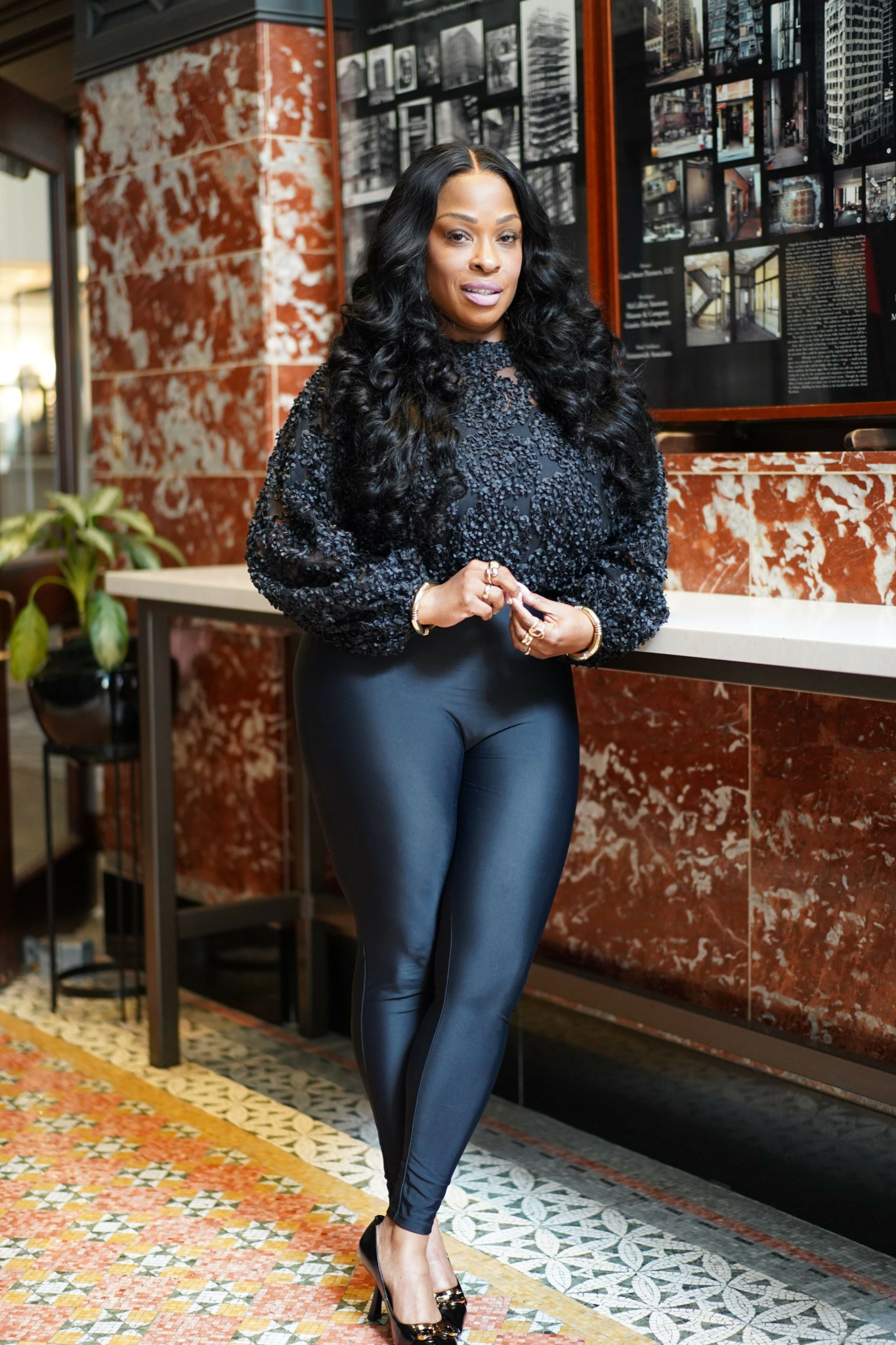
How did you put together the initial capital you needed to start your business?
When we first started our company, we didn’t have investors or a big pool of cash waiting for us—we did what a lot of entrepreneurs do, we leveraged business credit. Our initial capital came from a business credit card we opened with Bank of America.
I’m a big believer that one of the smartest moves you can make early on is establishing a real relationship with a bank. That could be your personal bank, a smaller community bank, or even a credit union. Once you’ve set up your business legally, go in and open a business account. It not only helps keep your business and personal finances separate, but it also starts building trust with your bank.
From there, applying for a business credit card is a natural next step. Most banks will extend you a solid credit line, especially if you already have an existing relationship with them. That credit line can become your initial seed money—you can use it to buy equipment, or handle the upfront costs that every new business runs into.
What’s powerful about this approach is that you’re also building your company’s credit history at the same time. So as your business grows, you’re in a much better position to access larger lines of credit, loans, or other financing options because you’ve already established that foundation.
For us, that first card gave us the flexibility to make the purchases we needed to get off the ground without having to drain our personal savings. And it taught us the discipline of tracking expenses, managing cash flow, and being strategic about how we used credit. In the long run, that foundation has been just as important as the content we create, because it gave us stability and credibility as a business.
Contact Info:
- Website: https://Www.iamdaymadison.com
- Instagram: https://www.instagram.com/iamdaymadison
- Youtube: https://youtube.com/@twodopeassgrandmas
- Other: https://lnk.bio/iamdaymadison
https://www.instagram.com/twodopeassgrandmas
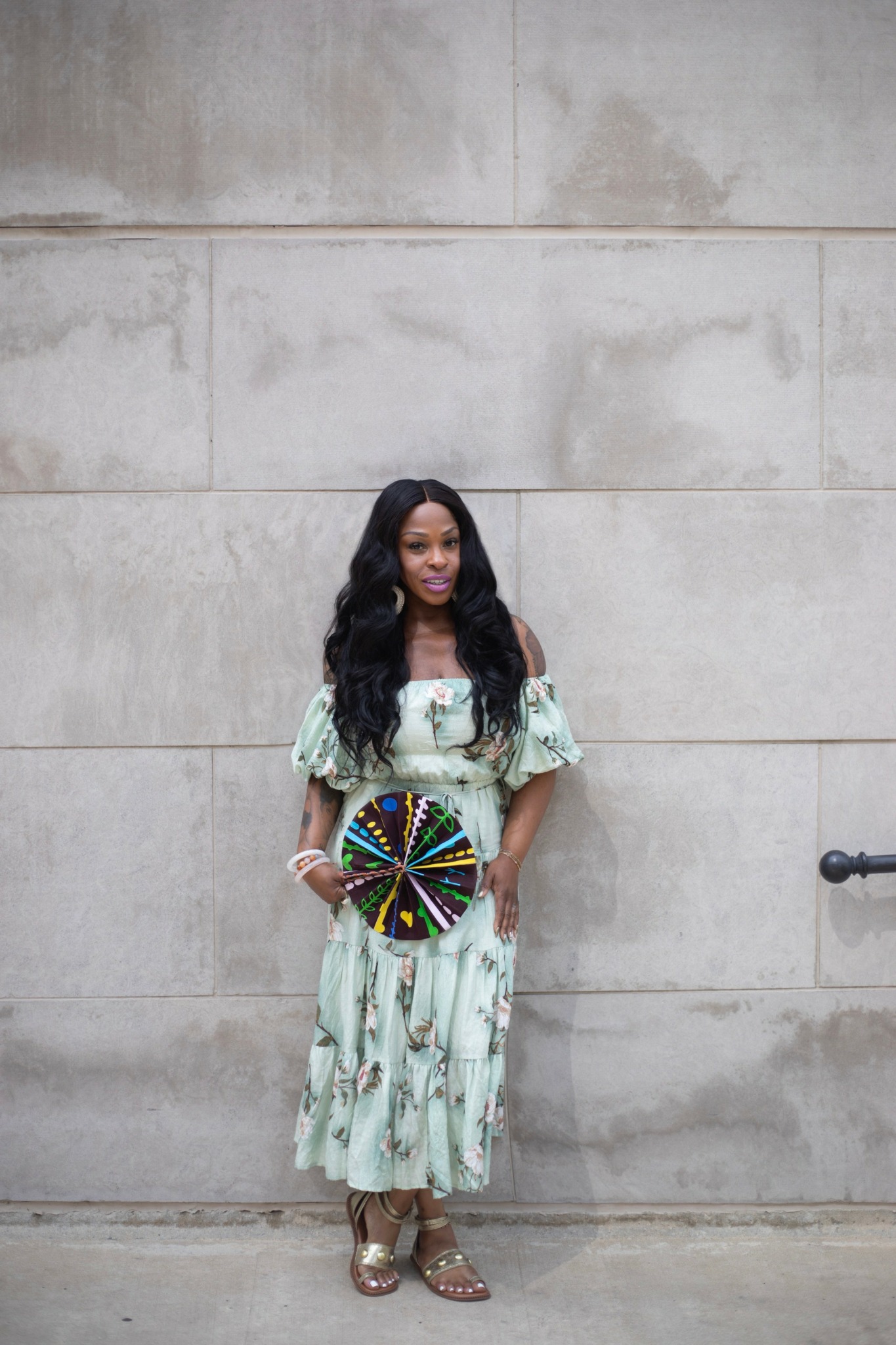
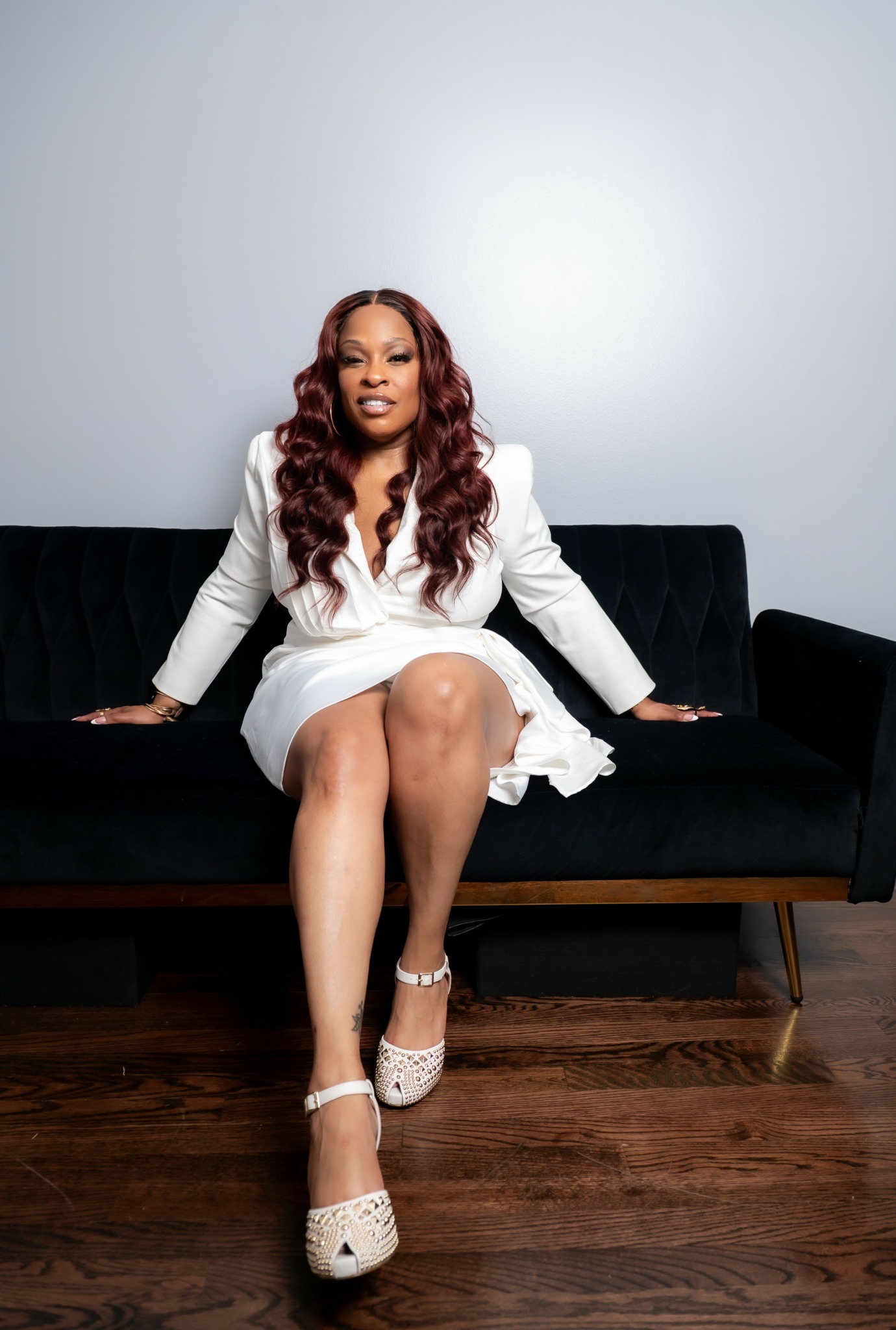
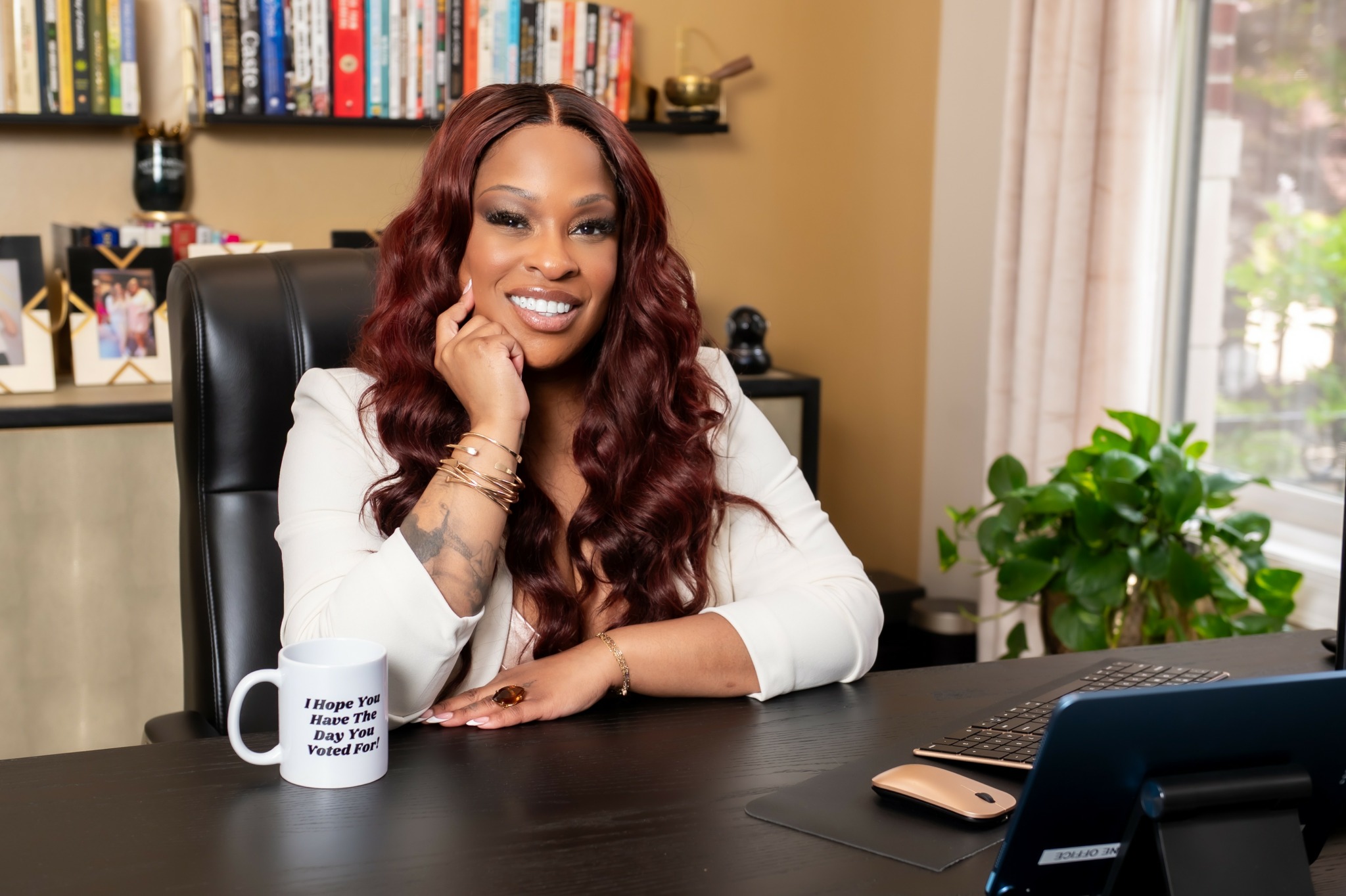
Image Credits
N/a


